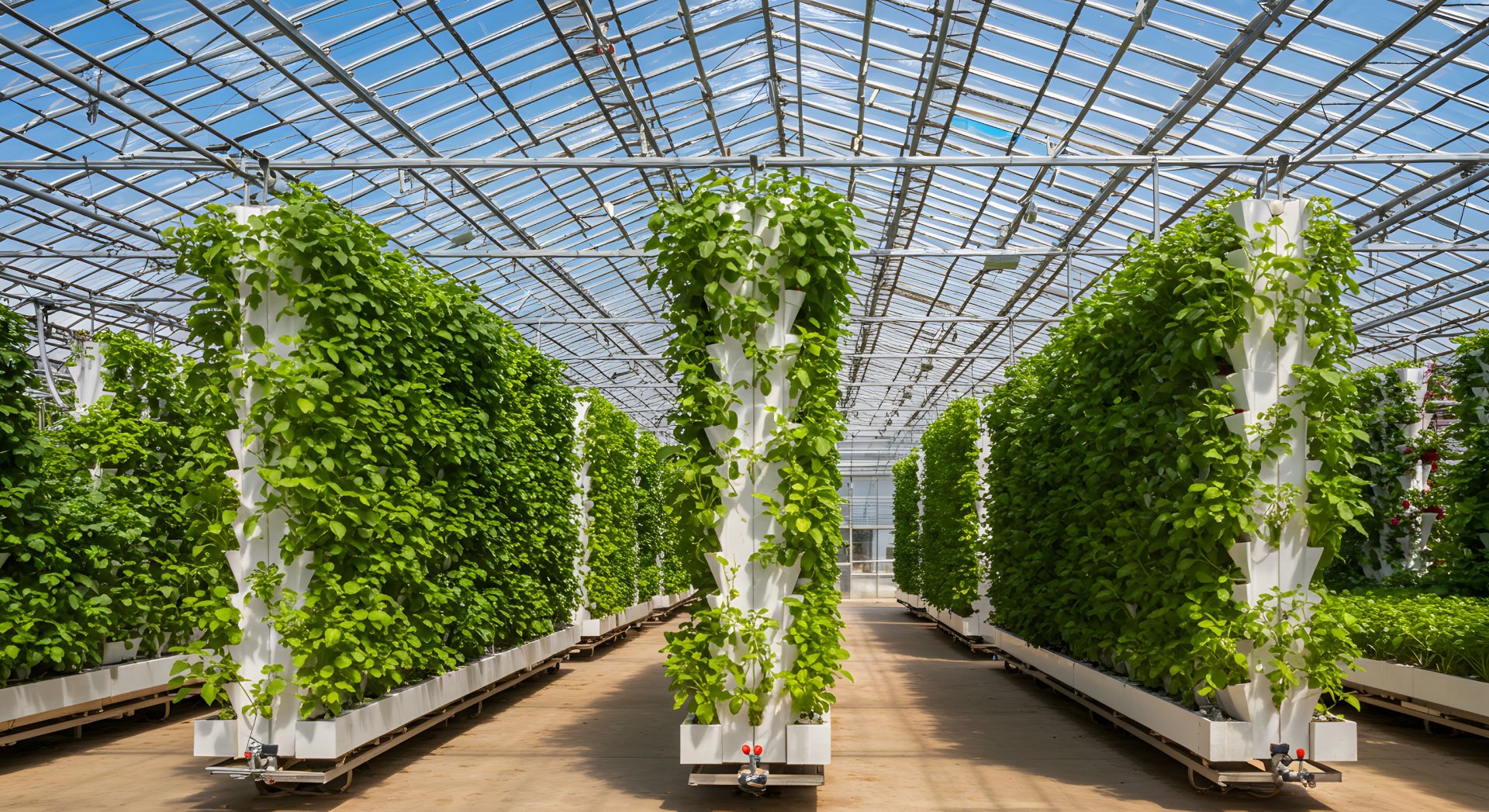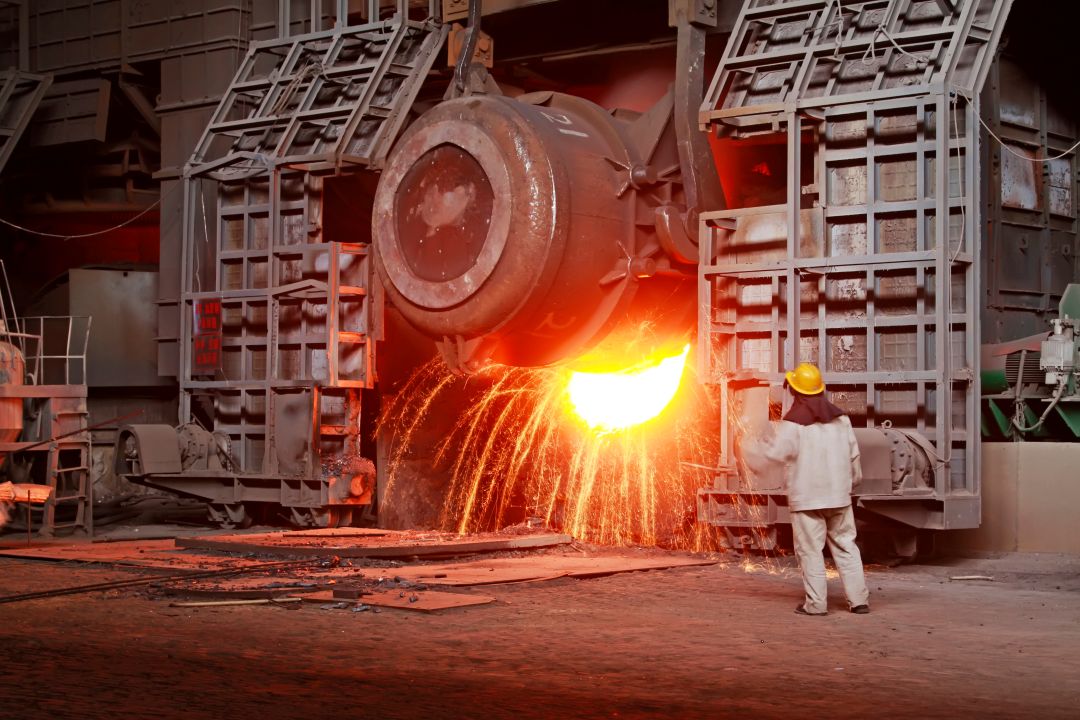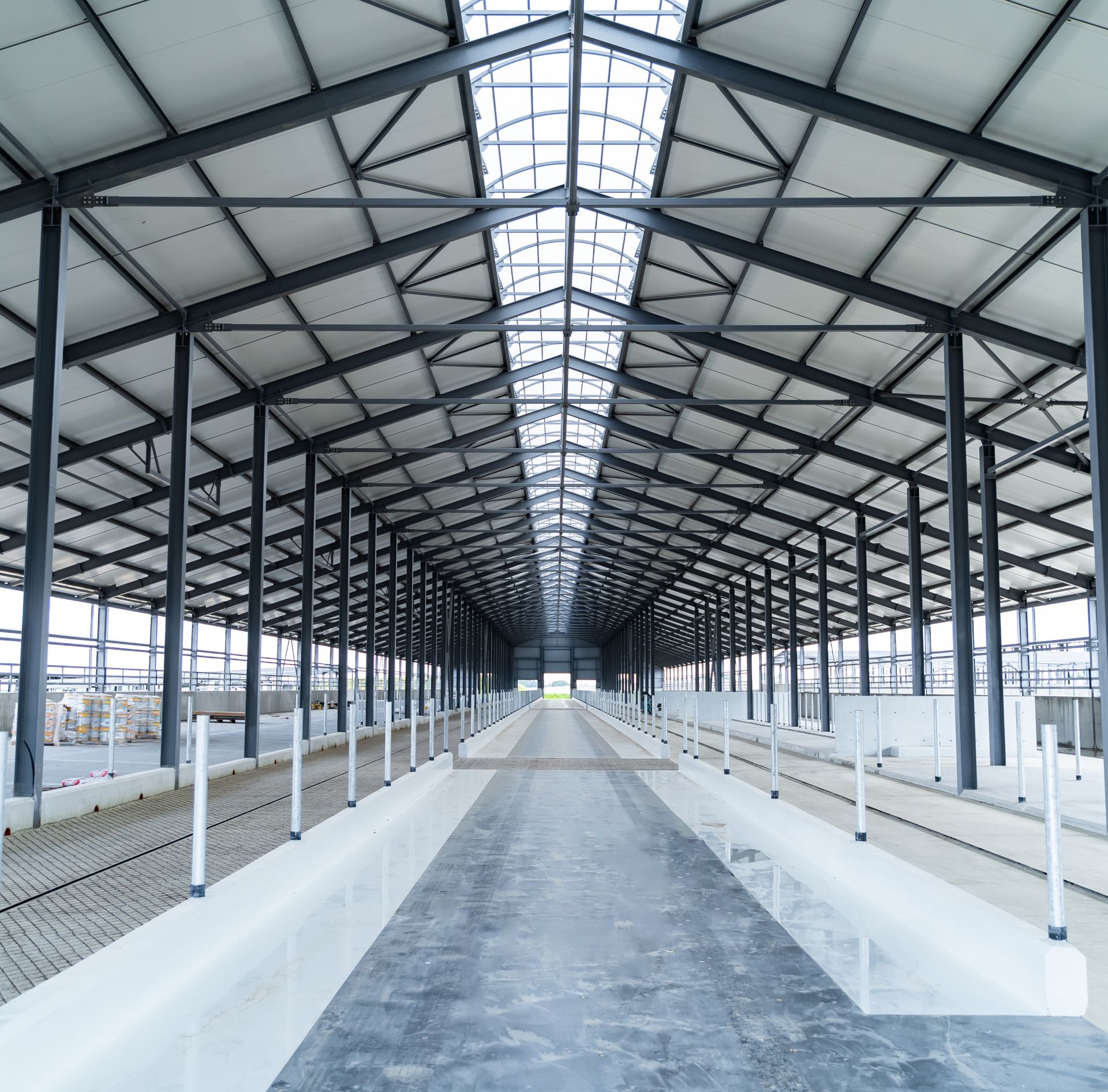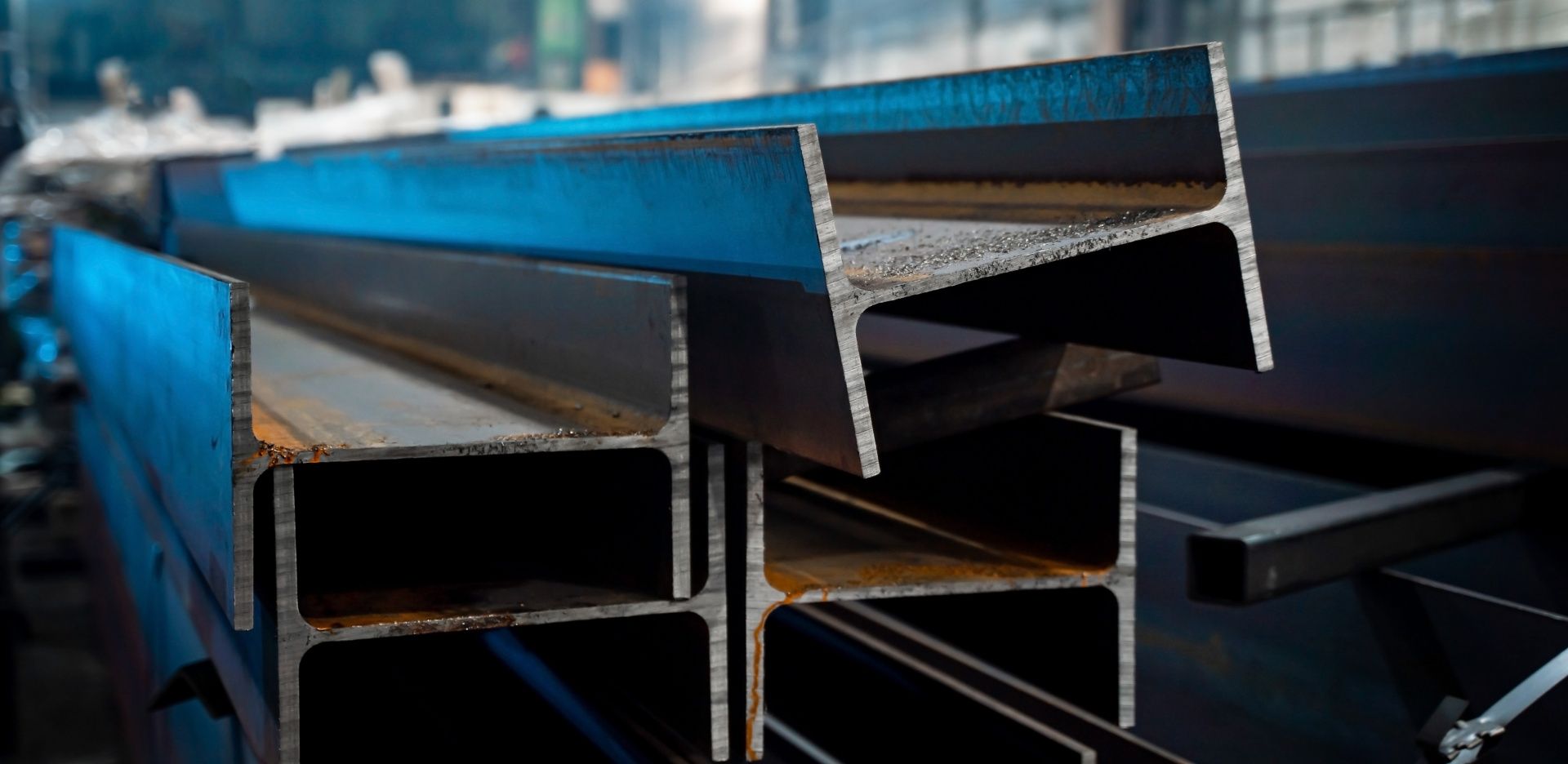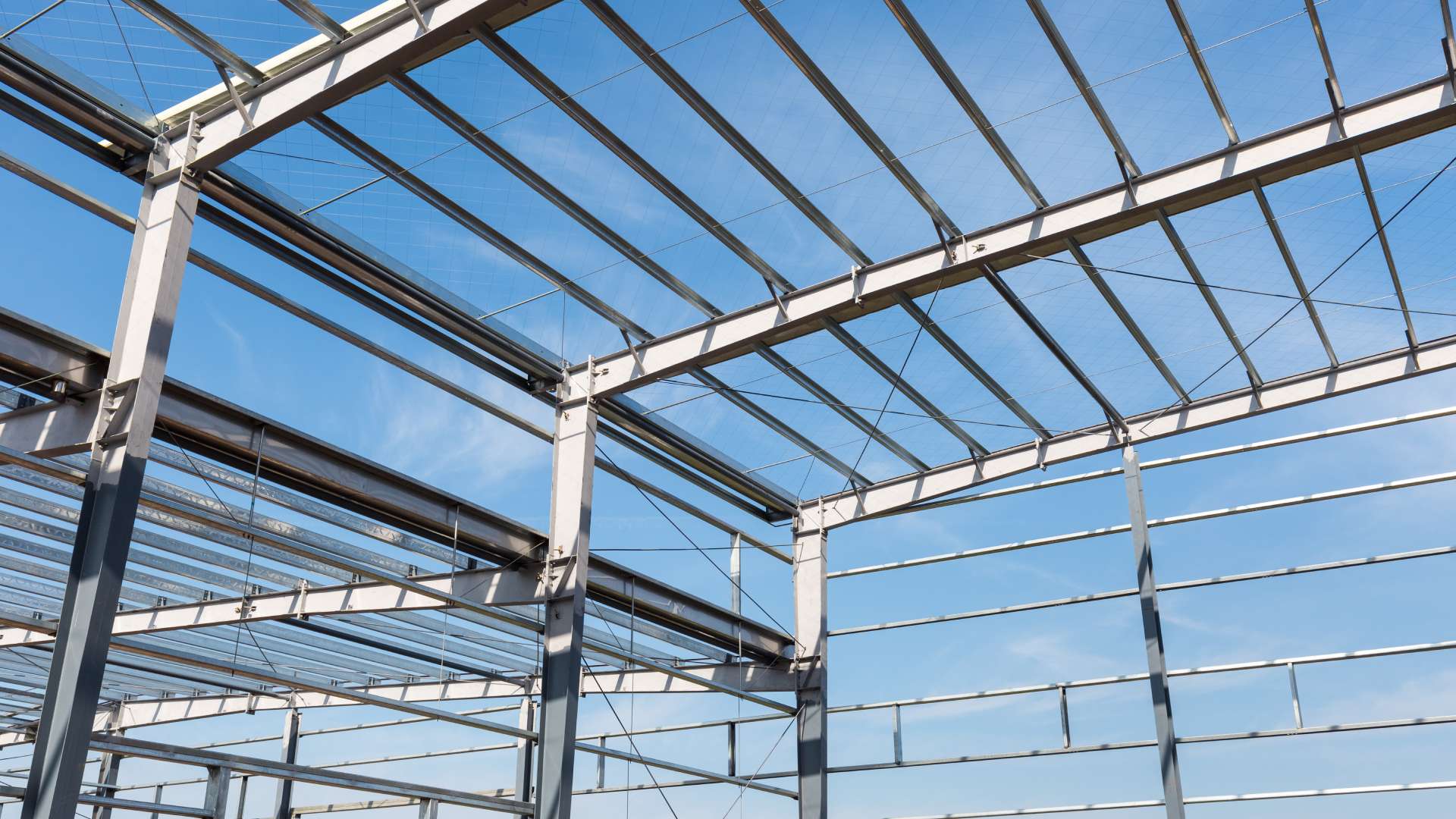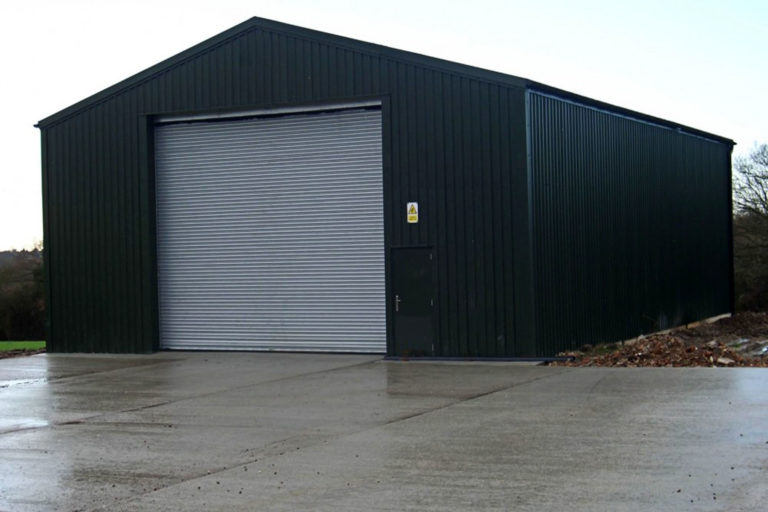Steel warehouses have become increasingly popular for their strength, durability, and cost-effectiveness. When designing and building a steel warehouse, there are several factors to consider to ensure that it meets your needs and maximises your investment. This blog will explore the top three considerations for building a steel warehouse.
Design
The design of a steel warehouse is crucial for its functionality and efficiency. When considering the design of your steel warehouse, you need to take into account the specific requirements of your business. The size, shape, and layout will depend on the type and quantity of goods to be stored, as well as the equipment needed to move them.
The benefits of a custom-designed steel warehouse include increased productivity, optimised storage space, and improved safety. By working with an experienced steel building provider, you can design a warehouse that meets your specific needs and maximises your investment.
A well-designed steel warehouse can help you maximise your storage space and minimise your operating costs. The design should take into account the specific workflow of your business, including the types of goods being stored, the equipment being used, and the flow of workers and vehicles.
For example, if you need to move goods quickly and efficiently, you may want to consider a warehouse layout that includes a clear and direct path from the loading dock to the storage area. By designing your warehouse to optimise your workflow, you can improve productivity, reduce operating costs, and increase safety.
Insulation
Insulation is an essential consideration for any steel building, including warehouses. Proper insulation can help regulate indoor temperatures, improve energy efficiency, and reduce heating and cooling costs.
Steel warehouses can be insulated with a range of materials, including fibreglass, mineral wool, and spray foam insulation. Each type of insulation has a different R-value, which measures the insulation’s resistance to heat flow, and U-factor, which measures the insulation’s ability to prevent heat loss.
By choosing high-quality, energy-efficient insulation, you can significantly reduce your energy consumption and lower your utility bills.
Insulation in a steel warehouse serves two purposes, it helps to keep the temperature of the building regulated and also helps reduce noise levels. As a warehouse often contains heavy machinery, it can be quite noisy, so insulation helps to reduce the noise levels for the comfort of the workers.
In addition, insulation can help protect your goods from damage due to fluctuations in temperature, humidity, and moisture.
This is particularly important if you’re storing temperature-sensitive products or materials. Insulation can also help prevent condensation, which can lead to moisture damage and mould growth.
Foundation
The foundation of a steel warehouse is critical for its structural integrity and longevity. The type of foundation you choose will depend on the soil conditions, local building codes, and the weight of the structure.
Common types of foundations for steel warehouses include slab-on-grade and pier foundations. The most common material for a foundation is concrete, which provides a strong, stable base for the steel structure. Gravel can also be used as a foundation material in certain circumstances.
By ensuring that your steel warehouse has a strong, stable foundation, you can protect your investment and ensure its long-term durability.
The type of foundation that you choose will depend on various factors such as the weight of the building, the soil condition, and the climate. For instance, if your warehouse is located in an area with high seismic activity, you may need to choose a foundation that is designed to withstand earthquakes.
If the soil is unstable or has a high water table, you may need to choose a foundation that includes additional drainage or reinforcement.
In general, a well-designed and constructed foundation is essential for the longevity of your steel warehouse. By working with an experienced steel building provider, you can ensure that your warehouse has a strong, stable foundation that meets your specific needs.
Conclusion
Design, insulation, and foundation are the top considerations for building a steel warehouse. By taking into account the specific needs of your business, you can design a warehouse that optimises storage space, increases productivity, and improves safety.
Insulation can help regulate indoor temperatures, reduce noise levels, and protect your goods from damage due to fluctuations in temperature and moisture.
A strong, stable foundation is essential for the longevity of your steel warehouse, and by choosing the right type of foundation for your specific needs, you can protect your investment and ensure its long-term durability.

